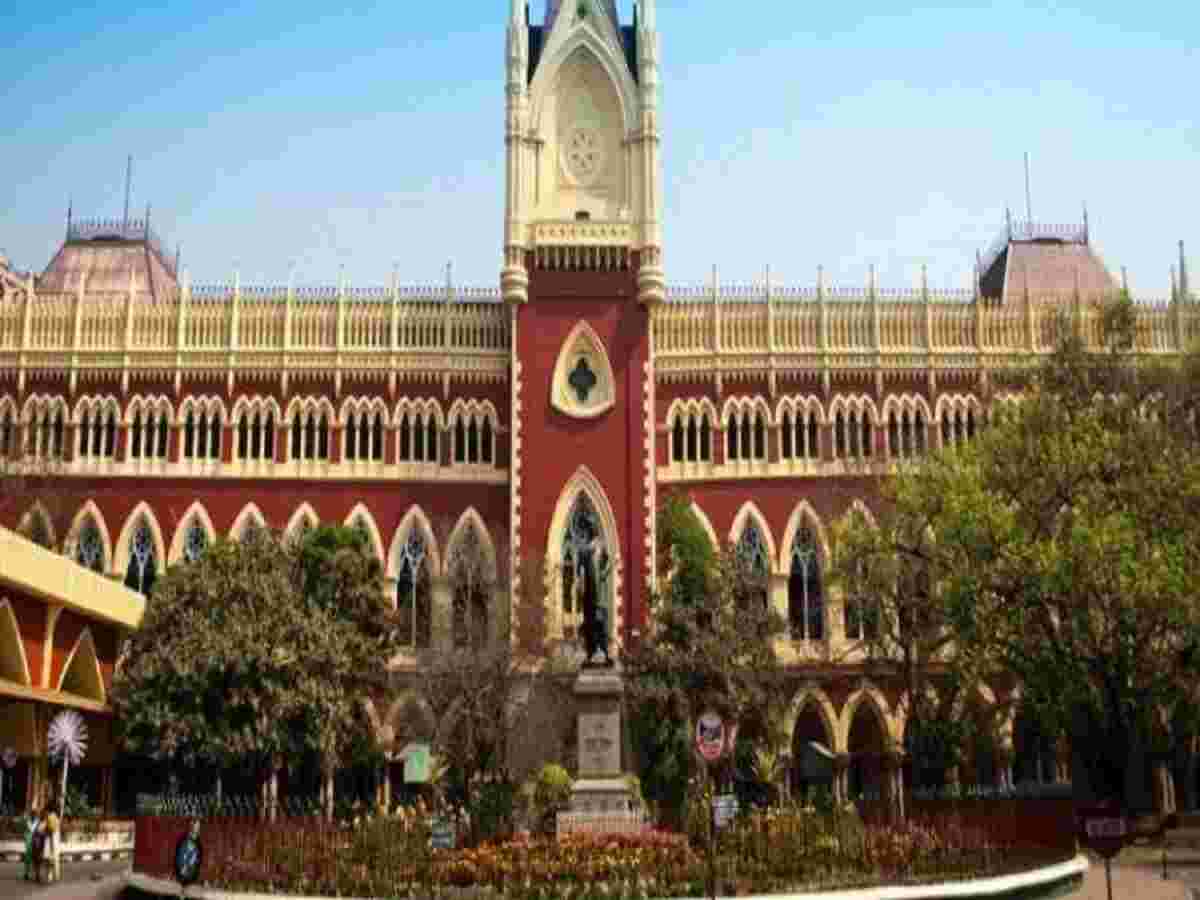With caveat

Efforts of the CBI, right since the arrest of the four Bengal politicians including two TMC ministers, to prevent them from getting out on bail failed one after another. The final blow was dealt by the five-judge bench of Kolkata High Court which provided interim bail to the four leaders on certain conditions and against bonds and securities. CBI's promptness to get these 'select few' of the Narada case accused leaders behind the bar has not yielded desired results for the Central agency. After the split in the division bench over the two options of granting interim bail or keeping them under house arrest, CBI had even approached the Supreme Court. But, having received an adverse response from the apex court the Central agency had to withdraw its petition on May 25. This simply means that the TMC leaders will be back with their roles in the newly elected Mamata Banerjee-led government to render their services to the people of Bengal. The five-judge bench has rightly conceded to the point that the accused — two TMC ministers and one legislator — need to perform their public function in this dire state of a pandemic. The bench even gave an apt reply to the concerns raised by Solicitor General, appearing for the CBI, on the potential threat to the investigation process as the four leaders are "influential enough to affect the pending trial" and that they may gather mob through their emotional appeal. The court once again rightly enquired that if they were no threat to the investigation process since the past four years of the investigation, what has made them so now. The court's befitting reply is a reassertion of the fact that the ground of public order is not to be evoked every now and then. It is an important aspect of a democratic society and not a trivial tool at disposal of certain authorities and institutions. The accused, however, will have to appear for investigation through video conferencing whenever required. Also, they are required to abstain from making media briefings and holding press conferences in a way interfering with the Narada case. The court's granting of interim bail to the four accused is seemingly a balanced judgement. While it ensures that the investigation in the case goes unhindered, it has also taken into account the individual rights of the accused. And more importantly, it has ensured that the functioning of the state machinery runs smoothly in this time of the pandemic. Meanwhile, in a separate but related unprecedented incident, a senior sitting judge of the Kolkata High Court has raised his apprehension regarding the intervention of the Chief Justice in the matter and the overall handling of the case in a letter written to judges including the Chief Justice. In the first place, the letter questioned the transferring of the case to the High Court and the stay of the trial court's order granting interim bail to the four accused. In the second place, it pointed out that a single-judge bench, and not the division bench, was needed to hear the matter as a division bench is required only in writ petitions. It is notable here that the Chief Justice was one of the two judges on the division bench and he was the one who opposed the grant of interim bail and rather ruled in favour of house arrest. The house arrest was bestowed upon the four accused despite the other judge on the division bench ruling in favour of interim bail. The letter further pointed out yet another gap by questioning the constitution of the five-judge bench to hear the matter. It said that a Full Bench is constituted if the view taken by one division bench is inconsistent with that of another division bench. The case was not so in the Narada hearing. Joining the dots, it may be said though the bail is granted to the four accused, it should not hide the glaring gaps in the judicial system that remain latent and may turn the course of action in undue direction on any given day. The Judiciary should itself bridge those gaps, if found any.



